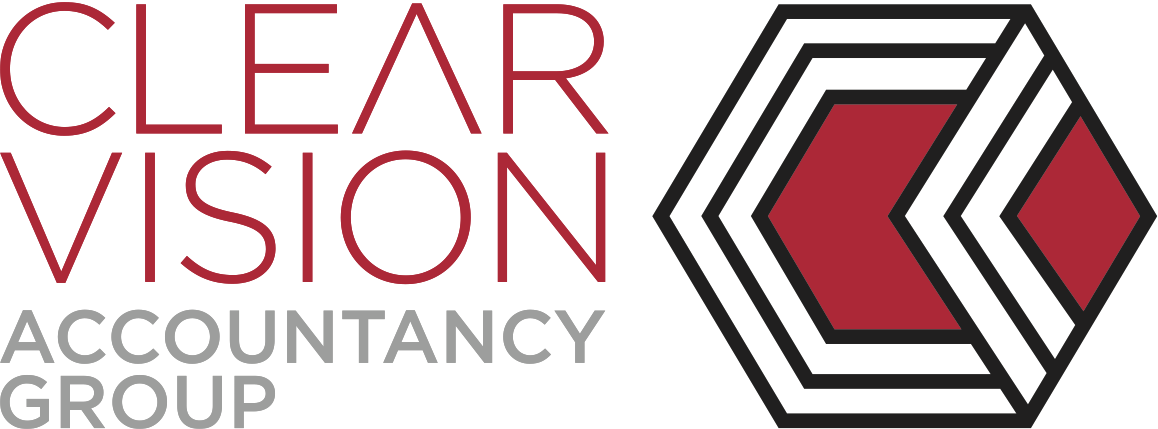Government Grants for Your Business
The Basics… Government Grants are there to be utilised & if you’ve done your homework, they can really help your business to grow & succeed well into the future.
Three Types of Grants
- Federal Grants
- State Grants
- R&D Grants (Research & Development Grants)
We’ve had a lot of success for our clients in gaining grants and here’s what we’ve learnt.
Don’t see a government grant as free money. It’s not! Have the need first. Don’t make the mistake of seeing the grant & then try to work out how you could utilize it. First, write a business plan and use it as the tool to identify what you might need to achieve your goals.
With so many types of grants it’s important to know which grant you should apply for. Some grants are competitive which means your proposal needs to be the best it can be whereas others, like the R & D grants are a little easier to apply for.
Our 6 Top Tips to get the Best Results
These are what we believe will get you the best results from your application:
- Plan – Your Business Plan should drive the Government Grant
- Know what the end game is for the Government (what’s in it for them)
- Use your advisors … Accountant / Lawyer etc.
- Subscription emails – like smarty grants
- Watch your dates – don’t be late!
- Competition
Plan – Have a business plan; know your goals for 12 months – 3 years – 5 years… maybe they include profit increase, new products or expansion… Now seek advice from your Accountant or Finance Advisor & together you can identify what grants would be suitable to help you get there.
End Game – e.g. the digital grant is about employment growth & therefore the Government won’t approve your business for this type of grant if your goal is to reduce the number of employees. This is what we mean by knowing what the end game is… What’s in it for the Government?
Use your advisors – You can lean on your Accountant or look into a specialist grant writer – they both have experience in this area and can significantly enhance your chances of being successful.
Subscription emails – Without these you won’t know when the type of grant you’re interested in is available. Smarty Grants will email you regarding open and close dates so be ready…
Watch your dates – Don’t be late! Make time to work on this process; you don’t want to leave it to the last minute. Some grants are a ‘one-off’ and don’t allow you to apply on a second round.
Competition – The Government is looking for the best results to be achieved. These businesses will win the cash, however DON’T OVERPLAY YOUR HAND , you want to be confident you can achieve the results.
If you’re interested in speaking with us about this or need help with writing your business plan; contact Justin for a one hour consultation and get started straight away.
The post Government Grants for Your Business appeared first on Clear Vision Accountancy Group.





